If you are anything like me, being outdoors during low-light hours or hunting in the dark can sometimes add extra anxiety to the activity at hand. You may never have experienced this, and some of you may not want to admit it out loud. For those of you who are the latter, this article is for you. Of course, no one really wants to admit that they fear something which is just a natural part of what they love to do, whether it be camping, hiking, or hunting, but it is also important to find ways to cope with things that may hinder us.
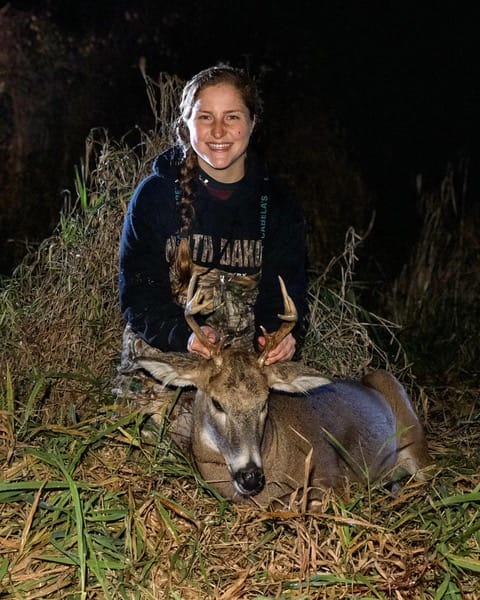
There have been countless mornings and evenings that I have found myself walking to or from a deer stand in what seems like absolute darkness, navigating unknown land or water before dawn to find a place to set up a duck decoy spread, or walking into the woods to check bear baits before daylight penetrates into the forest. It is at times like these that I find my heart racing. Partially because of the excitement to come, but also because of the fear of being isolated in the dark.
Want to learn how to hunt? Check out our e-book!
What am I afraid of?
Possibly large nocturnal animals, but even more so the idea that one of my senses has essentially been taken away and all others are on high alert to every snapping branch, crunching leaf, or squirrel racing past me. Over the years, I have found ways to ease my mind during these hours to make the long trek to the stand or into the woods a little less intimidating. Typically, I find myself humming a song or whistling out loud to help neutralize some of my senses. Of course, before a hunt, making noise is not really an option. This usually leaves me to start thinking of strategy and about how I think the day will go, rather than just focusing on the woods around me. I also carry a sidearm when I’m able.
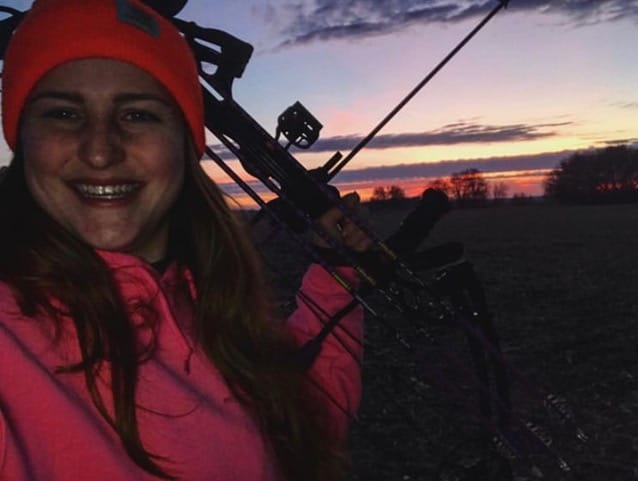
Strategies to Overcome Anxiety Hunting in the Dark
I asked other outdoorsmen/outdoorswomen what they do to ease their tensions during dark hours, and this is what they shared:
Lauren Vrany (coon and bear hunter): When she first began hunting at night, her mentor told her there is no need to be anxious because “there is nothing out there at night that wouldn’t be there during the day” and has stuck with that thought ever since.
Kate Austin: “I honestly tend to sing or talk to myself…breaking the silence helps keep me distracted.”
Jessica Kinamon: “Usually I have late-night pack-outs and my pack is covered in blood…if I let myself think about it, it can freak me out. I like to think positively, about the night sky without any town lights nearby and how many people miss out on that…I reminisce about the day and other memories.”
Heather Shepherd and Amy Hall usually carry a weapon/additional weapon as a sidearm. Amy likes to have one on public land especially.
Jordan Wright: “Focusing on the hound, listening intensely from track to tree.”
Cora Parker: Listening to her hounds and staying tuned in keeps her mind at ease, and can be peaceful while walking into a tree.
Autumn Dishmon: “Usually when walking to/from my stand-alone, I’ll focus on the sound of my own footsteps, or try hard not to make any sounds.”
Being “afraid of the dark” does not make you any less of an outdoorsman, and there are many ways to cope with the fears that may arise as a result. It may take months or even years to overcome, but finding a technique that works for you will make nighttime outdoor activities more enjoyable and rewarding in the end.
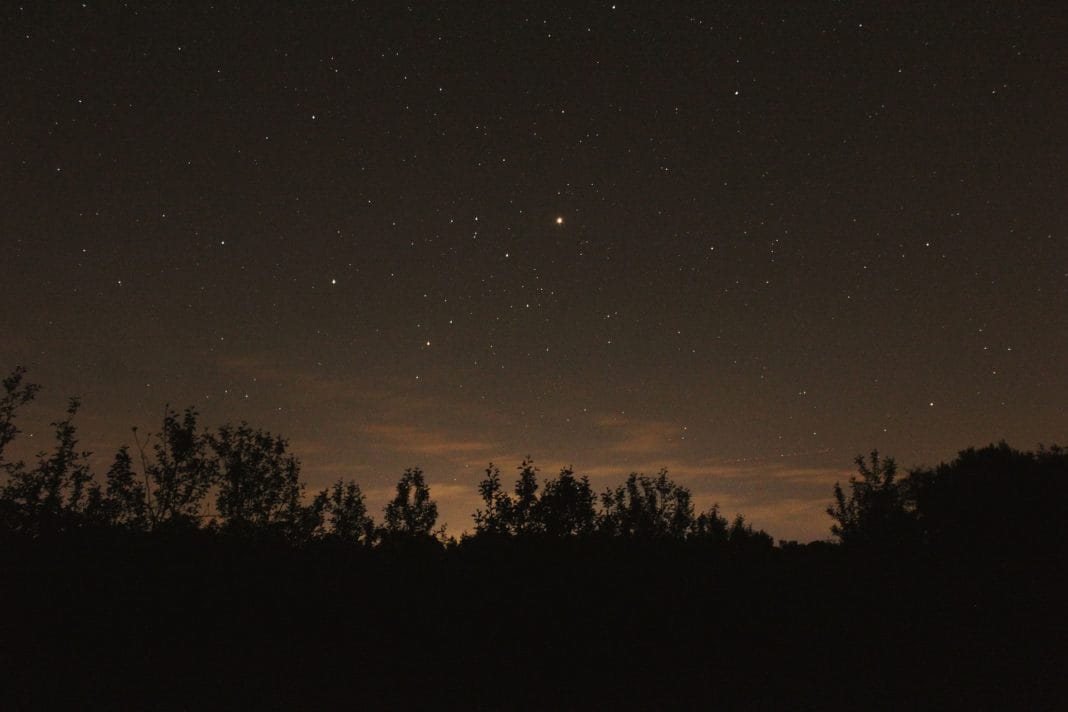
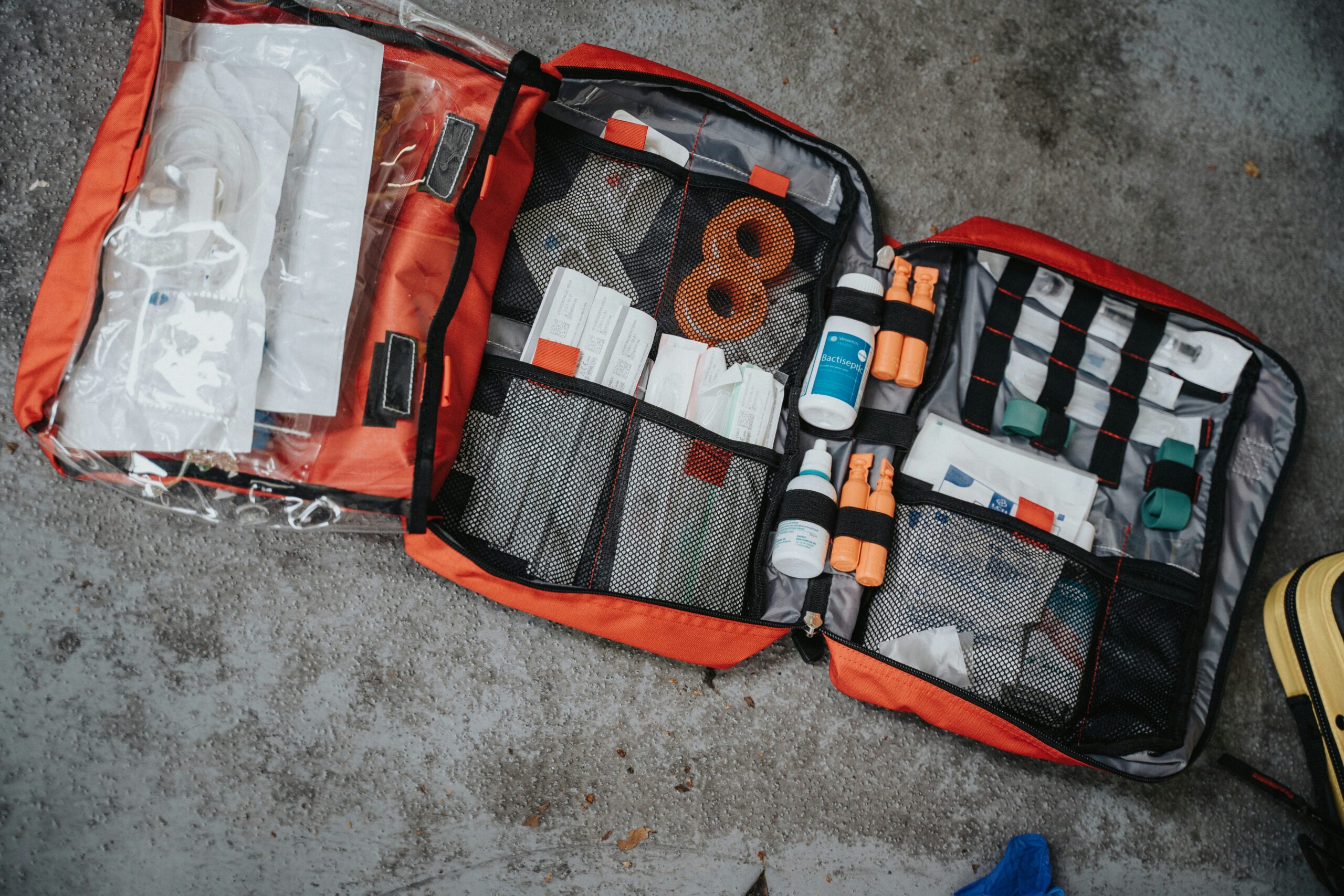
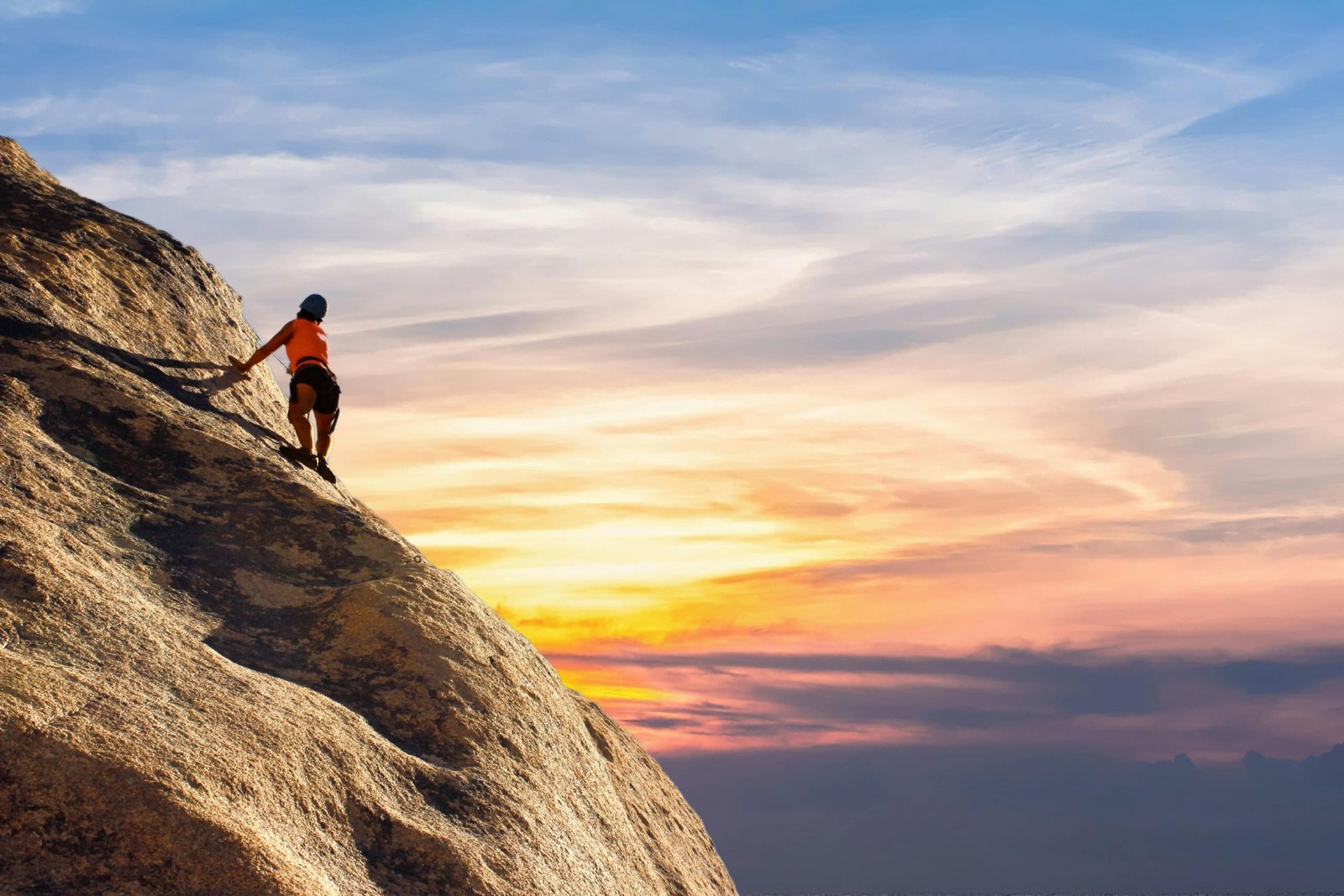
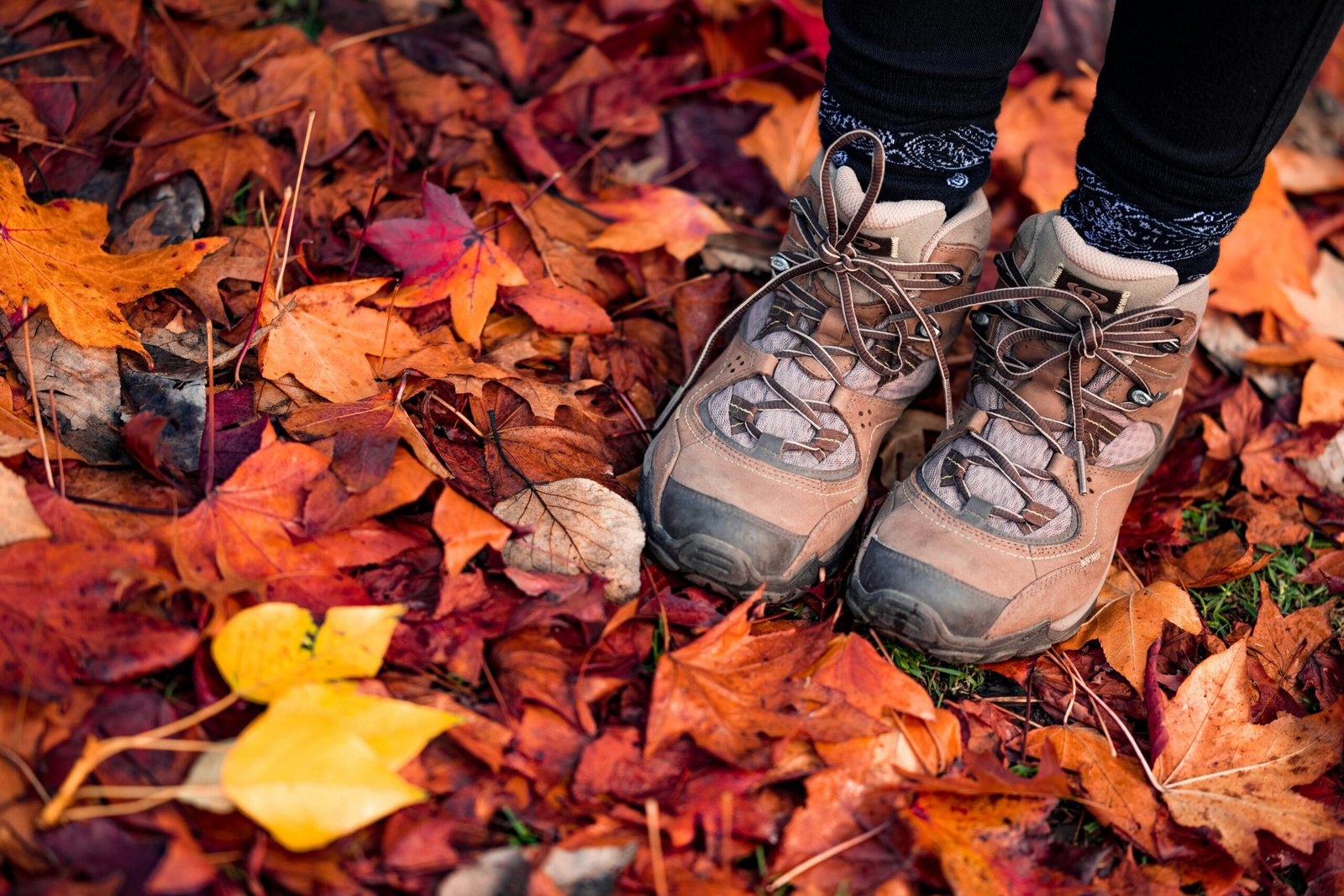
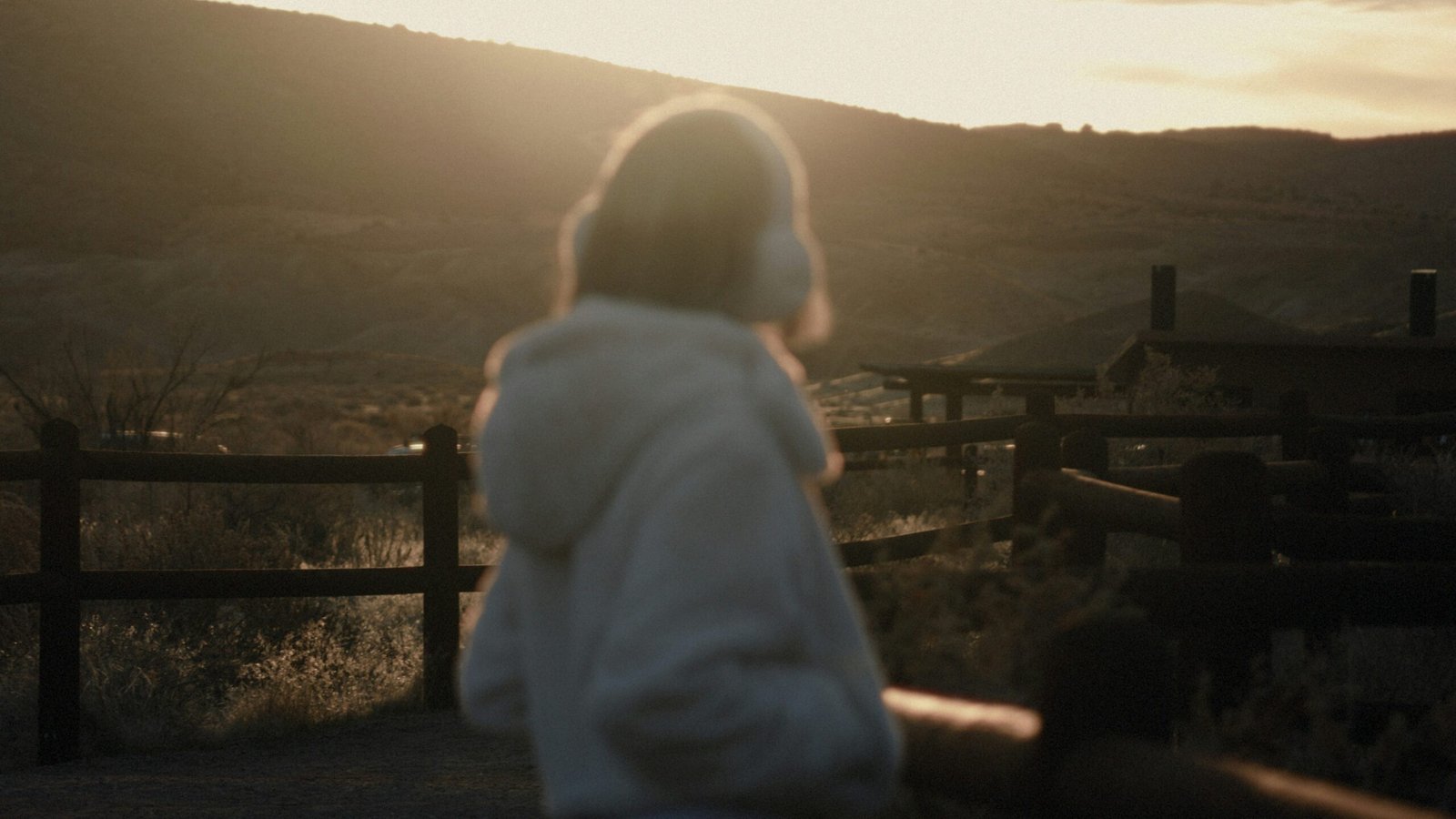
One thought on “Dusk to Dawn: Overcoming Anxiety in the Dark”